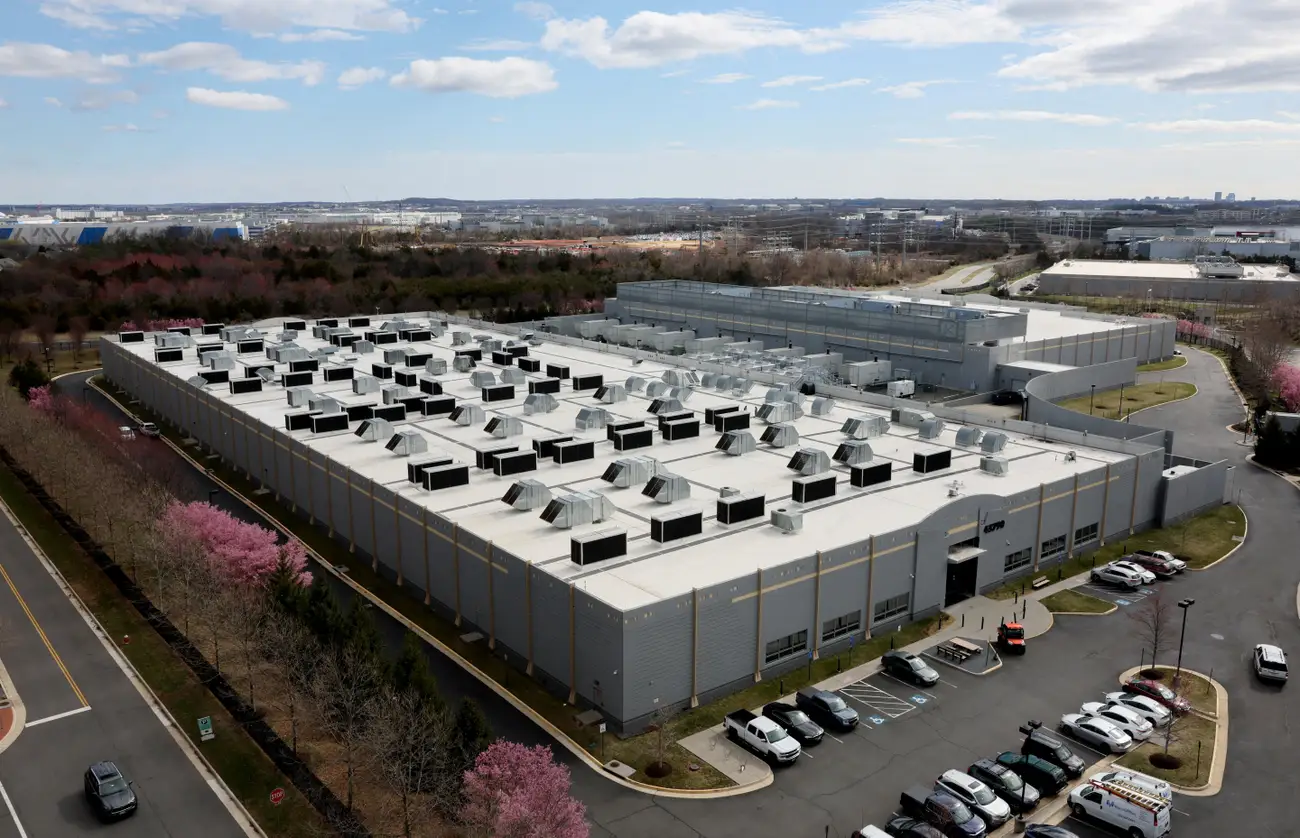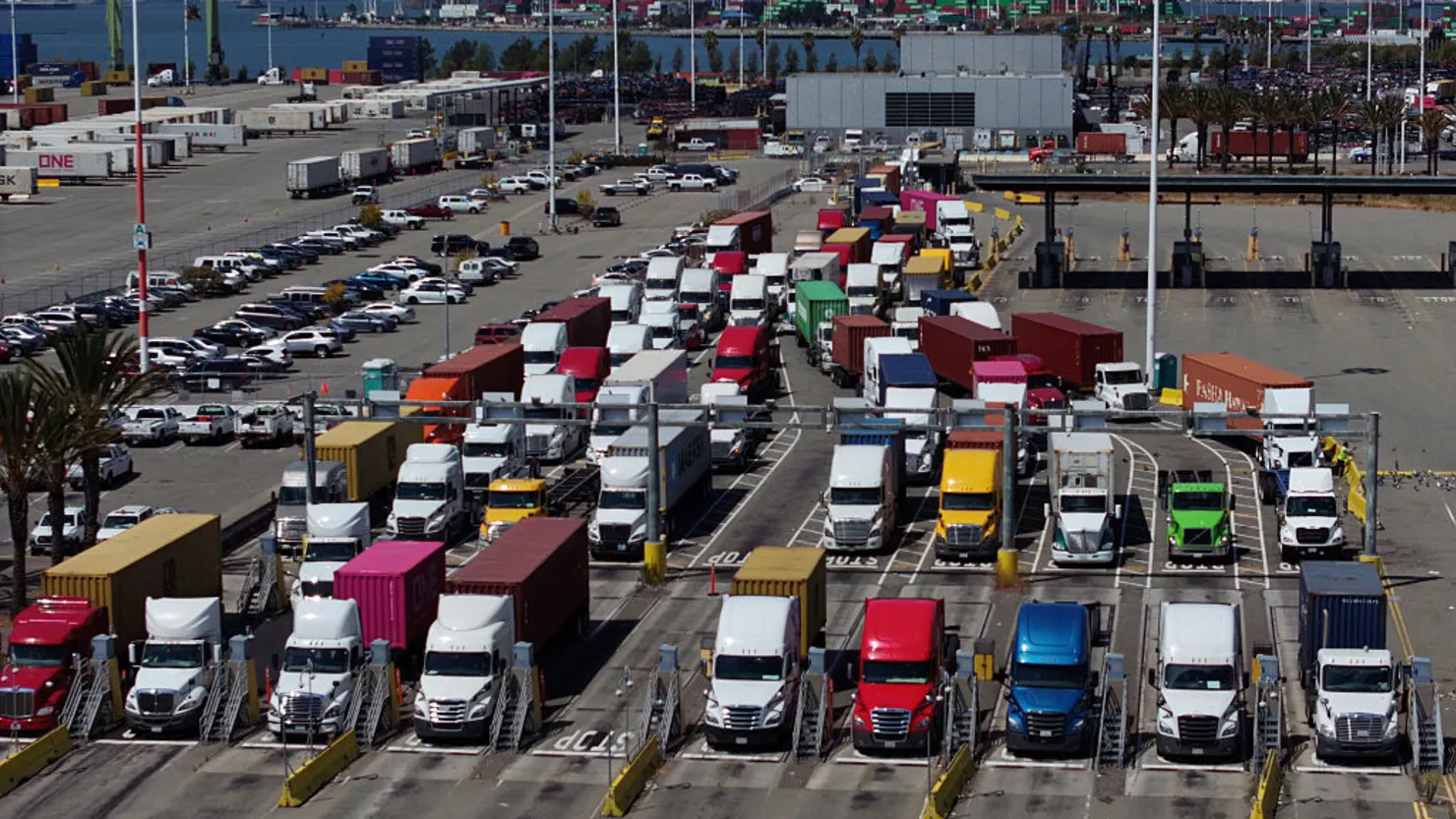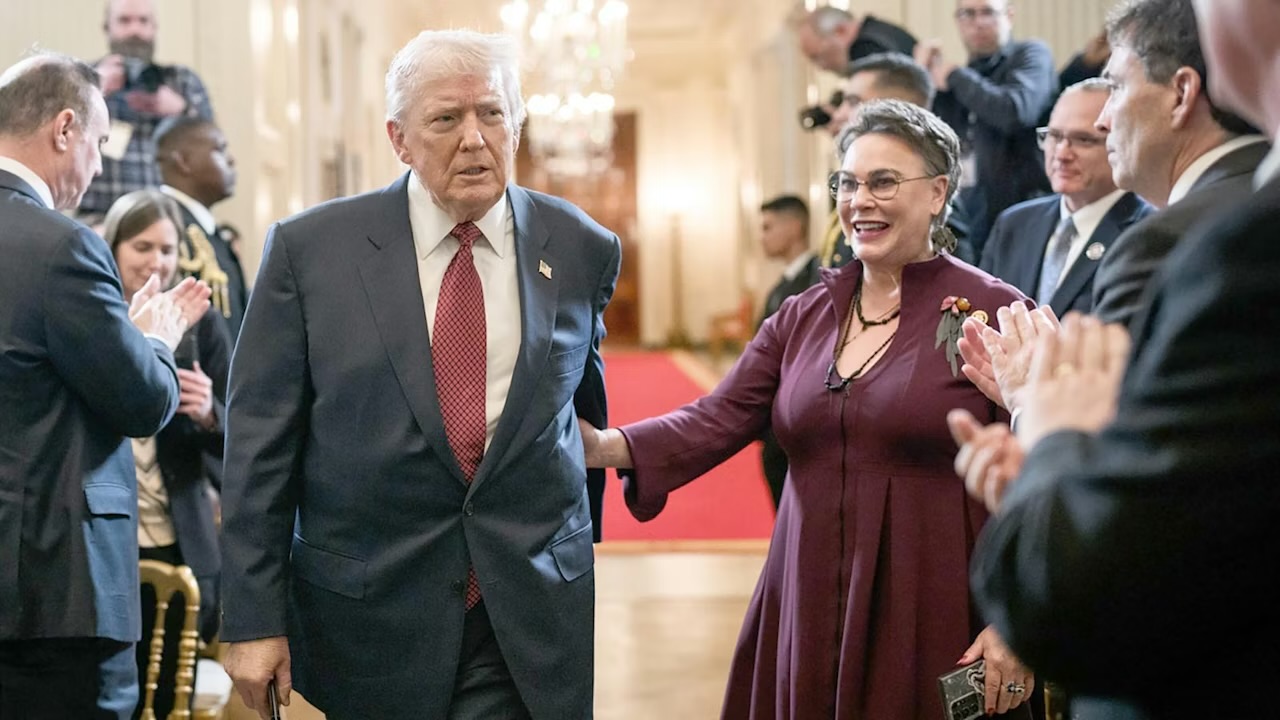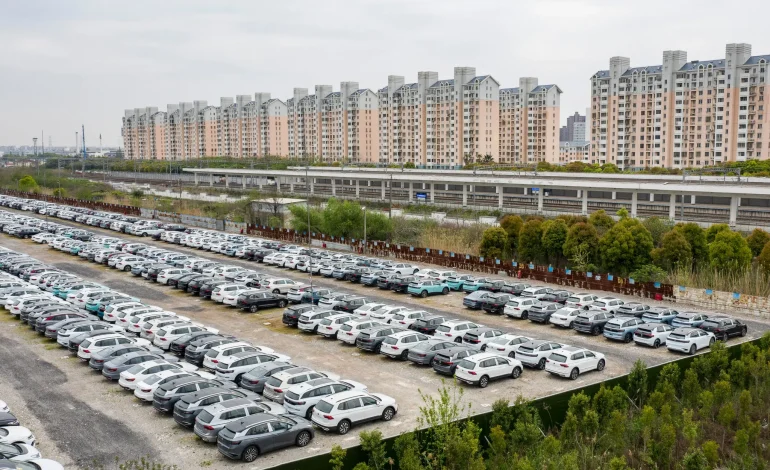As the global auto industry rapidly shifts toward electric vehicles (EVs), some policy analysts and auto executives are raising concerns that proposed Republican cuts to federal incentives could hinder the United States’ ability to compete—particularly with China, which now dominates the EV market, the New York Times reports.
During a recent Senate vote, lawmakers advanced a budget proposal that would eliminate or scale back key provisions from the Biden administration aimed at accelerating domestic EV production. These include tax credits for EV buyers, subsidies for battery manufacturing and infrastructure, and incentives for mining critical materials. Supporters of the rollback argue that these measures have disproportionately benefited wealthier consumers and have yet to deliver widespread economic impact.
But some industry observers and environmental advocates warn that reversing such policies could have long-term consequences.
“The United States needs to decide if they want an auto industry that can compete globally,” said Greg Dotson, an environmental law professor at the University of Oregon. “It’s just clear that’s the way the world is moving.”
China’s EV industry already holds a commanding lead. In 2024, Chinese manufacturers—including BYD, Geely, and SAIC—accounted for roughly 70% of all electric cars sold worldwide, according to the International Energy Agency. In contrast, US-based automakers made up just 5% of global sales. Tesla remains the only American company among the world’s top 10 EV producers, having recently been surpassed in sales by its Chinese rivals.
Industry experts point to the scale advantage Chinese automakers now enjoy, allowing them to produce vehicles more efficiently and at lower costs. These companies also benefit from a dense domestic charging infrastructure and a more mature battery supply chain.
The United States has made some progress in building out its own EV ecosystem. More than $200 billion in private investment has been committed in recent years toward battery factories, mineral mining, and vehicle production. However, some of these initiatives are now facing delays. For example, AESC, a battery manufacturer owned by a Chinese firm, paused construction of a South Carolina facility that was intended to supply BMW and other automakers.
Critics of the proposed policy changes argue that retreating from support for the industry now could jeopardize this progress.
“The government doesn’t seem to be interested in the competitiveness of the auto industry,” said Jody Freeman, director of Harvard’s Environmental and Energy Law Program.
Proponents of the cuts, including the Trump campaign and some Republican lawmakers, have framed the policy shift as a move toward deregulation and market-based competition.
“No president has taken a greater interest in restoring the dominance of the American auto industry than President Trump,” said White House spokesman Kush Desai, citing a focus on tariffs and deregulation rather than subsidies.
Still, US EV adoption lags behind that of China and Europe. EV sales in North America, including Canada and Mexico, grew just 3% year over year through May 2025, compared with 33% in China and 27% in Europe, according to research firm Rho Motion.
Automakers have responded with a mix of caution and optimism. General Motors CEO Mary Barra emphasized efforts to align production with demand and highlighted the launch of vehicles like the Chevrolet Equinox EV. Ford, meanwhile, continues to develop battery and vehicle manufacturing hubs in Tennessee and Michigan and is exploring new vehicle platforms to better compete with Chinese alternatives.
“There’s no question the auto industry has been intensely active in support of preserving EV consumer and battery manufacturing incentives,” said John Bozzella, president of the Alliance for Automotive Innovation, which represents major automakers.
Despite protective tariffs that currently prevent Chinese-made vehicles from entering the US market, experts say such trade barriers may only provide temporary insulation.
“How long can you keep those cars from the US market through trade restrictions?” asked Michael Lenox, a professor at the University of Virginia’s Darden School of Business.










The latest news in your social feeds
Subscribe to our social media platforms to stay tuned